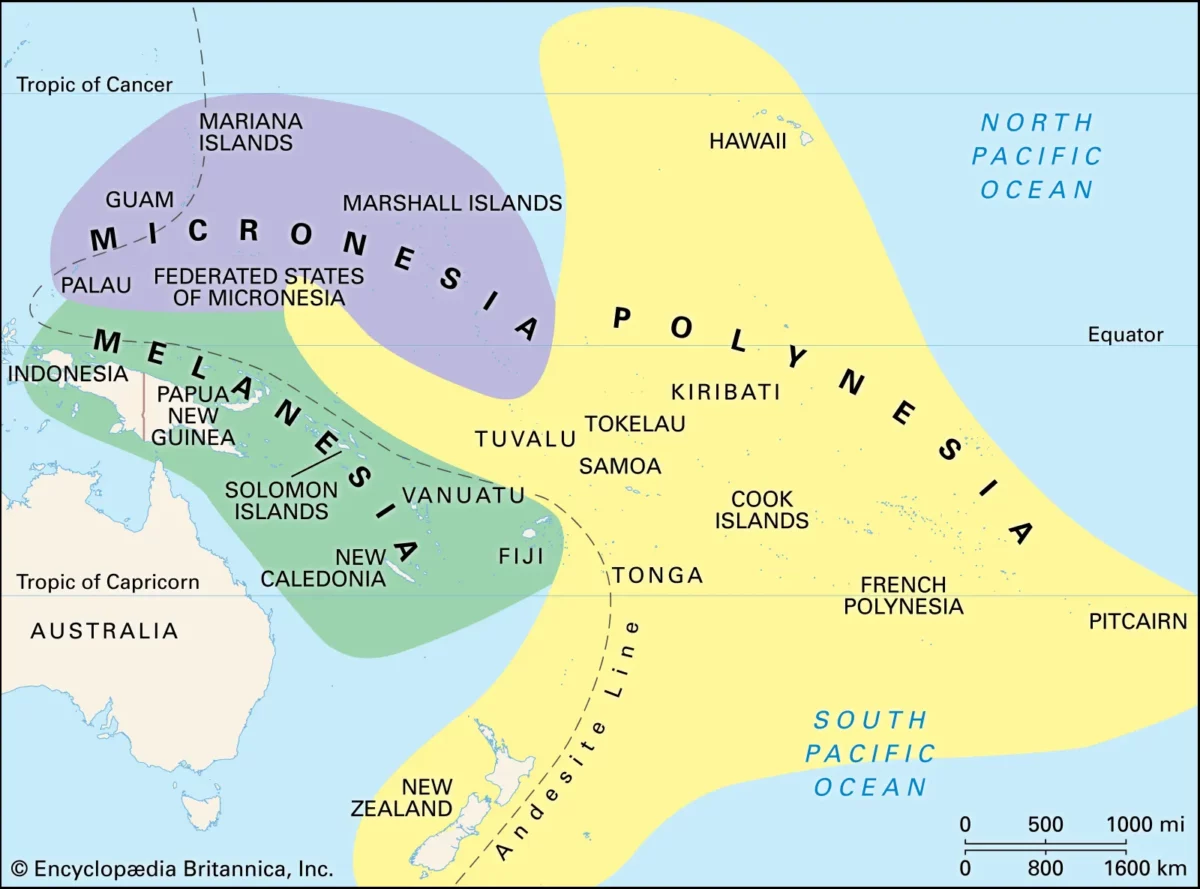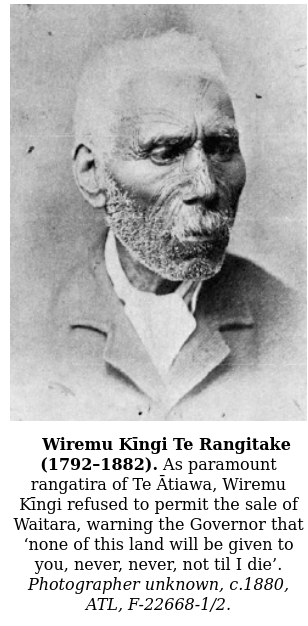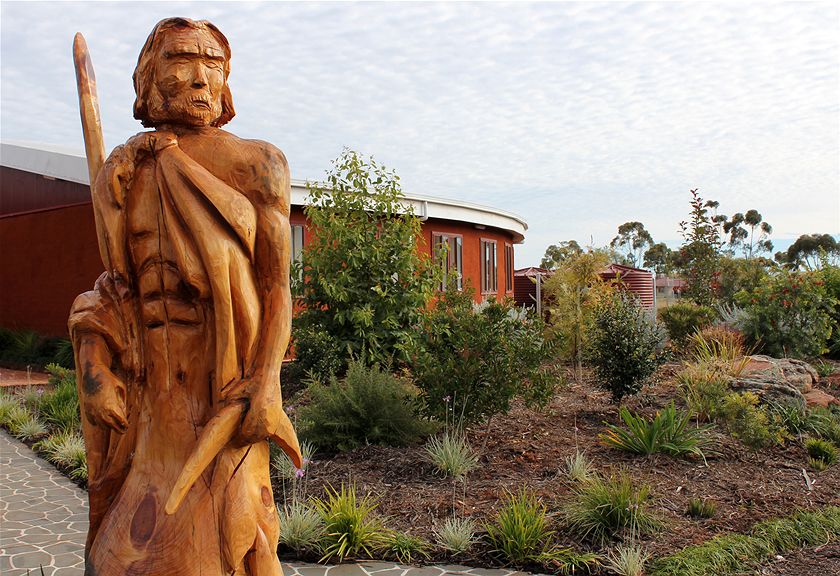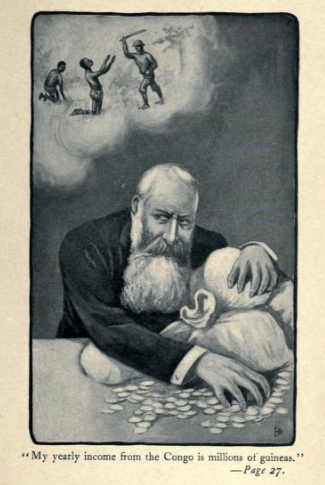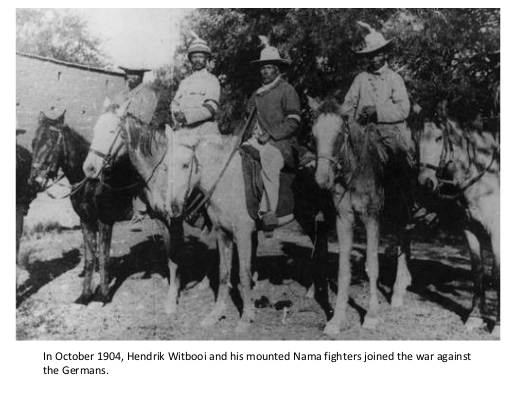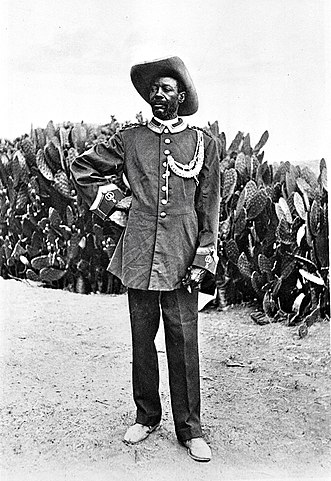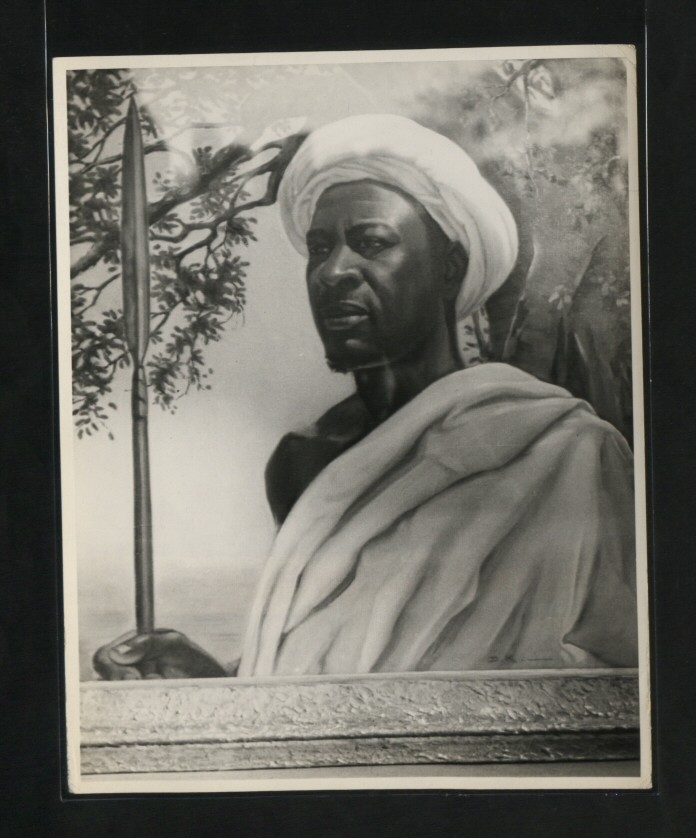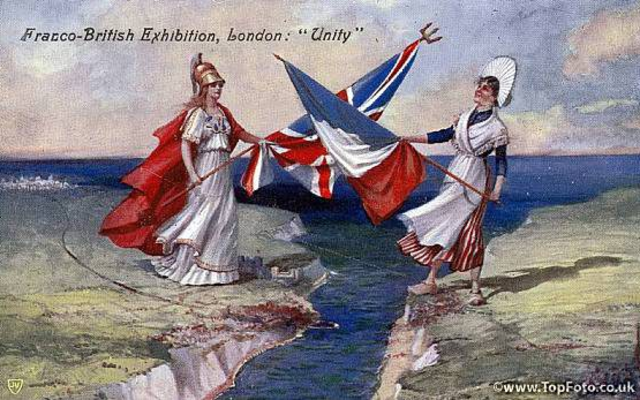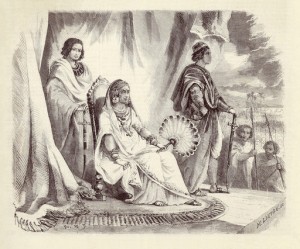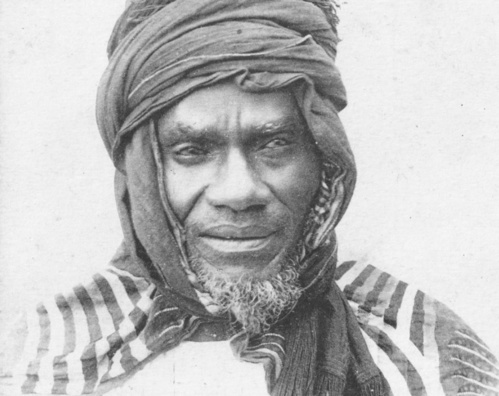At the peak of global colonialism no island however small was exempted from European greed. We conclude our Scramble for Oceania series with the scrambles for the many islands in the Pacific. Many of these are still colonies today, given names like “special overseas territory” to hide the fact. ALSO: I’m trying to do loudness normalization so hopefully the listening experience is improved.
Tag: Scramble for Africa
Scramble for Oceania 2: The Land Wars of New Zealand
We take advantage of some new scholarship of New Zealand history (Keenan, Wars Without End; Belch, New Zealand Wars; Simons, Soldiers, Scouts and Spies) to give you a hopefully fresh look at the 19th century scramble for colonies in New Zealand, which took the form of British wars against the Maori. Also featured – comparisons between New Zealand and Canada, and the idea that Parihaka may be considered a failure of nonviolence.
Scramble for Oceania 1: The theft of Australia
At the same time that the European empires were scrambling for Africa, they held a scramble in the Pacific. For the British Empire the base was Australia, and we begin with the scramble for Australia, the story of the theft of (another) continent beginning in 1788. Always was, always will be, aboriginal land.
Scramble for Africa 21: mini-scramblers Portugal, Italy, Spain, Sweden, Belgium, Denmark…
The biggest player in the Scramble for Africa was England. Second place to France, third to Germany. But there were many other European powers at the Berlin Conference in 1884 and the plunder of Africa was shared among even the smallest of European countries. Who and how, in this episode of the Scramble for Africa.
Scramble for Africa 20: Germany (pt3) genocides the Nama, 1908
In September 1904 several Nama scouts slipped away from the Germans after the battle of Waterberg and the genocide of the Herero, to warn their leader, Hendrik Witbooi, of what the Germans were capable of. Hendrik Witbooi then called all the Nama leaders to war, a war where they used guerrilla tactics to confound the Germans and drive the German leader, von Trotha, home in defeat. But while they exhausted the German colonizers, they exhausted themselves as well and German missionaries were able to draw the survivors to surrender on false promises of good treatment, after which they were sent first to concentration camps and then to – perhaps – the world’s first death camp, on Shark Island. Our concluding episode on the Germans in the Scramble – on the Nama genocide.
Scramble for Africa 19: Germany (pt2) genocides the Herero, 1904
The devastating story of the Herero genocide, complete with von Trotha’s extermination order, Samuel Maharero’s resistance, the battle at the Waterberg, and the concentration camps at Swakopmund and elsewhere. We’re using Erichsen and Olusoga 2011, The Kaiser’s Holocaust: Germany’s Forgotten Genocide and the Colonial Roots of Nazism.
Scramble for Africa 18: Germany in the Scramble pt1 – from Karl Peters to the war on Mkwawa and the Wahehe
We begin the story of Germany in the Scramble for Africa with the question: was Germany really as bad as their enemies say they were? (spoiler: worse) We talk about Bismarck’s reluctance to own colonies, about why he started to change his mind as Germany caught a growing colonial fever; we talk about the harrowing career of Karl Peters, and then talk about the Germans in East Africa – the war on Mkwawa and the Hehe; the Maji Maji rebellion; and some short notes on Rwanda and Burundi under German control. The Herero and Nama genocides in Namibia will follow in the next episodes.
Scramble 17: Brazza, Fashoda, and Cesaire’s Discours – France in the Scramble concluded
We start with a quick history of France’s theft of Congo-Brazzaville, centering on Brazza himself and ending with the Toque-Gaud Trial. Then on to the nearly early start of WWI – the Fashoda Crisis between Britain and France. Finally, we give the floor to Aime Cesaire to give us some commentary on what French colonialism in Africa meant and how to understand the specifics of France’s colonial crimes.
Scramble for Africa 16: Female Caligula DESTROYS Madagascar!
Clickbait title aside, this episode continues to follow the French as they Scramble for Africa. In this case, how France managed to steal the enormous island of Madagascar from its powerful African rulers. We of necessity do tell the story of Queen Ranavalona, but also the outrageous deeds of the French military, the dastardly things they said, and some of the rebellions of the Malagasy that started straight away and continued until independence, including the menelamba movement aka the Rising of the Red Shawls.
Scramble for Africa 15: France Seizes West Africa
In this episode France seizes the territories of the Tukolors (overthrowing Sultan Ahmadu), battles Samori Toure, and fights a long war with King Benanzin of Dahomey. Some observations about the differences between France’s notions of colonialism and those of the British, in whose footsteps the French colonizers hoped to follow.

